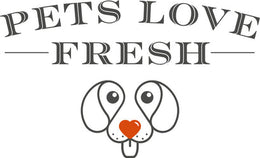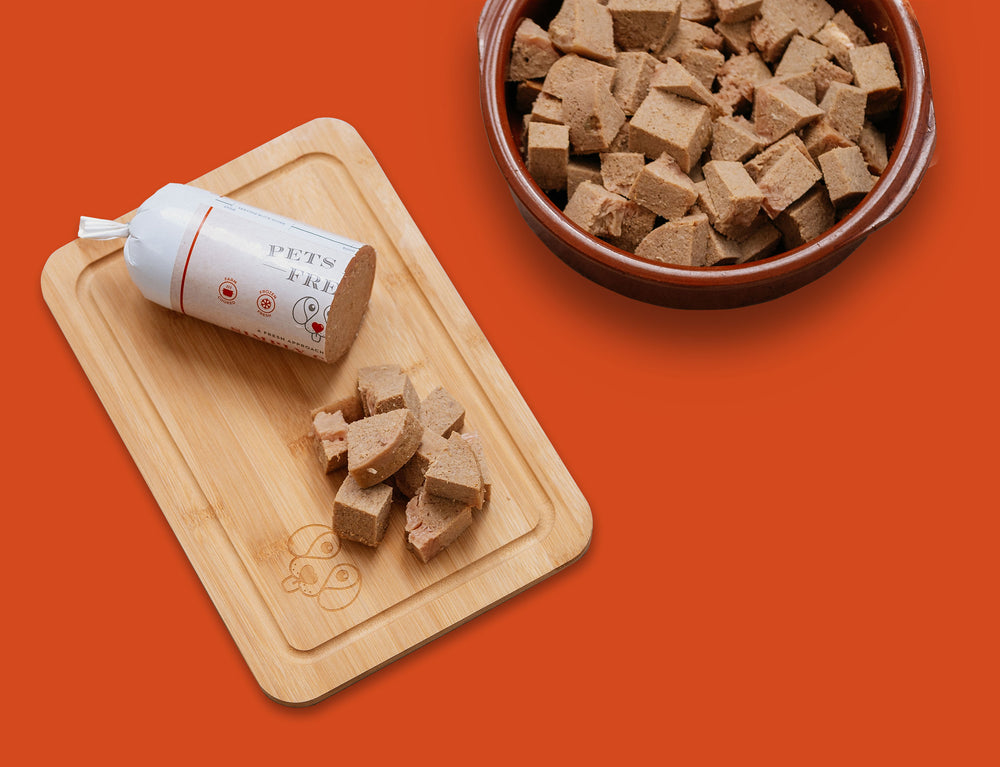Can your dog's diet help prevent them from getting fleas?
A dog's diet alone cannot prevent flea infestations but diet does play a crucial role when it comes to skin health. You need to use prescription preventatives and ecto-parasiticides to keep fleas at bay. Here's a detailed explanation:
Flea Prevention and Diet
-
Diet and Skin Health:
- Skin Health: A diet rich in omega fatty acids, Vitamin E, and selenium can improve your dog's skin health and coat. Healthy skin can reduce itchiness and make your dog more comfortable, but it doesn't prevent fleas.
- Omega Fatty Acids: These help to maintain a healthy skin barrier and reduce inflammation. Sources include fish oil and flaxseed oil.
- Vitamin E and Selenium: These antioxidants support overall skin health. Vitamin E can be found in many dog foods, while selenium is often included in balanced commercial diets.
-
Flea Prevention:
- Prescription Preventatives and Ecto-Parasiticides: The most effective way to prevent fleas is through the use of products specifically designed to kill and repel these parasites. These include topical treatments, oral medications, and flea collars.
- Regular Use: It's important to use these products consistently as recommended by your veterinarian to ensure continuous protection against fleas.
-
Misconceptions:
- Garlic: Despite older advice, garlic should never be given to dogs as it is highly toxic and can cause serious health issues, including damage to red blood cells leading to hemolytic anemia.
Recommendations for Flea Prevention
- Consult Your Veterinarian: For the most appropriate flea prevention strategy tailored to your dog's needs and lifestyle.
- Regular Treatments: Use veterinarian-approved flea preventatives regularly.
- Environment Control: Keep your home and yard clean to minimize the risk of flea infestations. Regular vacuuming and washing of your dog's bedding can help.
- Check Regularly: Inspect your dog's coat regularly for signs of fleas, such as flea dirt or actual fleas.
In summary, while a healthy diet supports your dog's skin and overall health, it is not a substitute for effective flea prevention methods. Always rely on proven flea control products and consult your vet for the best approach to keep your dog flea-free.
Pets Love Fresh food is an excellent choice, as it contains no preservatives, no cheap fillers that can cause allergies, is gently cooked, and created by a team of nutritionists, dieticians, vets, and pet owners. It provides complete nutrients and vitamins to keep your dog healthy, made with real meat, fresh from British farms.

